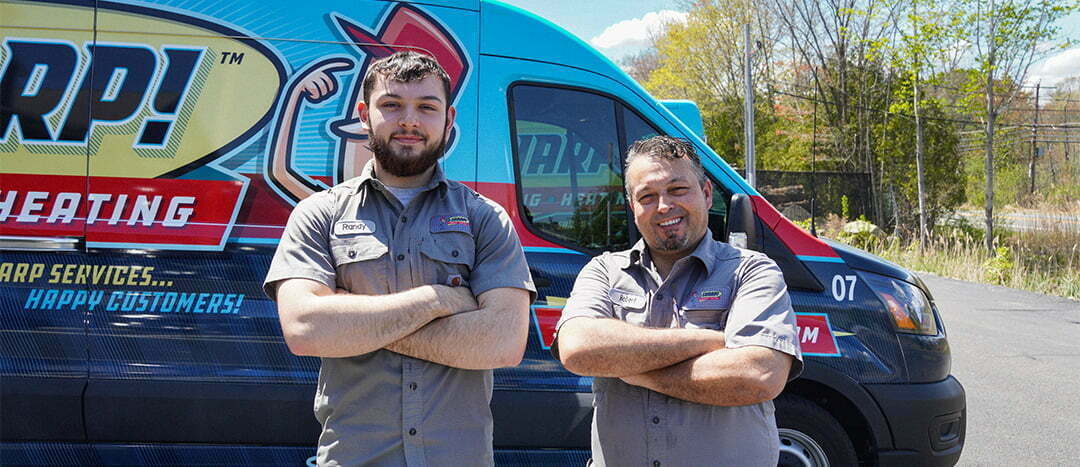Freezing pipes is one of the scariest things homeowners have to deal with in Maine. Although you try to prevent it from happening, a long enough period of cold can penetrate your defenses and get to those pipes hidden away in the walls.
Frozen pipes must be fixed as soon as possible or you may have a flood on your hands. Depending on the location of the frozen pipes, you may have to call a plumber right away, but there are a few basic things a homeowner can do to stop the freezing pipes from bursting while they wait for help to arrive.
Symptoms of Frozen Pipes
The most common symptom of freezing pipes is a lack of water coming out of the faucet.
Do a quick inspection to verify the water is turned on – and if it is, shut it off — and then do a quick walk around to make sure there are no apparent leaks.
Once you’ve done those two things, it’s time to either call a plumber. While you wait, there are a few things you can do to try to minimize the damage.
Open Your Faucets
When the water freezes in pipes, the pressure continues to build to an unsustainable level. As the frozen water is warmed, it will build more pressure. Pipes can only take so much before they crack.
Opening your faucets will give the pressure a direction to go in instead of trying to burst through the pipes.
Warm The Pipes
Hairdryers, towels soaked in warm water, and space heaters are all great ways to achieve this, but they don’t always work. An electric heating pad is another possibility, but don’t leave it or a space heater unattended; it is a fire hazard.
If the pipes are in the walls, then these procedures may not be effective. You can try cranking up the heat in your home, but you’ll still have to deal with the outside temperature coming from the other side of the wall.
Once you’ve thawed the pipe and your water flow has returned, continue to apply warmth to the problem piping. Whatever caused it to freeze the first time could cause it to happen again. Continue doing this until:
- The weather warms
- You’re able to insulate it properly
- You can have a plumber look at it
Frozen pipes can cause a lot of damage, so it’s best to call a plumber to come out to winterize the pipes in your home ahead of time.
Know What Not To Do!
Never apply a direct heat source to your pipes, such as a blowtorch, charcoal stove, or kerosene heater. Direct flame can weaken the pipes and cause it to burst.
Also, any kind of flame around the insulation or wooden structure of your home is a bad idea.
Don’t bang, bend or tweak the piping to try and break the ice away on the inside. Ice inside a pipe, especially PVC, is stronger than the pipe itself, so all you’ll do is damage the pipes by applying pressure.
Examine Other Pipes
Although you may have found the issue with a lack of water, there may be more extensive damage than you realize.
Pipes can swell, like a freshly-fed python, or crack without producing a leak. If the ice is solid enough to burst through your pipe, it will have to warm before you will see the leaks, so make sure to look at as many pipes as you can to look for other potential issues.
The problem pipe may have more than one frozen spot within it, too, so don’t forget to look along the entire length of your pipes.
Call A Nearby Plumbing Company
This is always the safest and quickest way to handle frozen pipes, especially if you suspect the problem is in the walls. Plumbers have tools like a thaw machine that uses electricity to thaw the pipes. It’s quick and efficient!
At Sharp Plumbing & Heating, we only hire the industry’s top plumbers. We guarantee all of our work and offer flat-rate pricing. For nearly two decades we’ve served Milford, Natick, Framingham, Berlin, and the surrounding areas. Call us today to see how we can help you with any of your plumbing needs.

